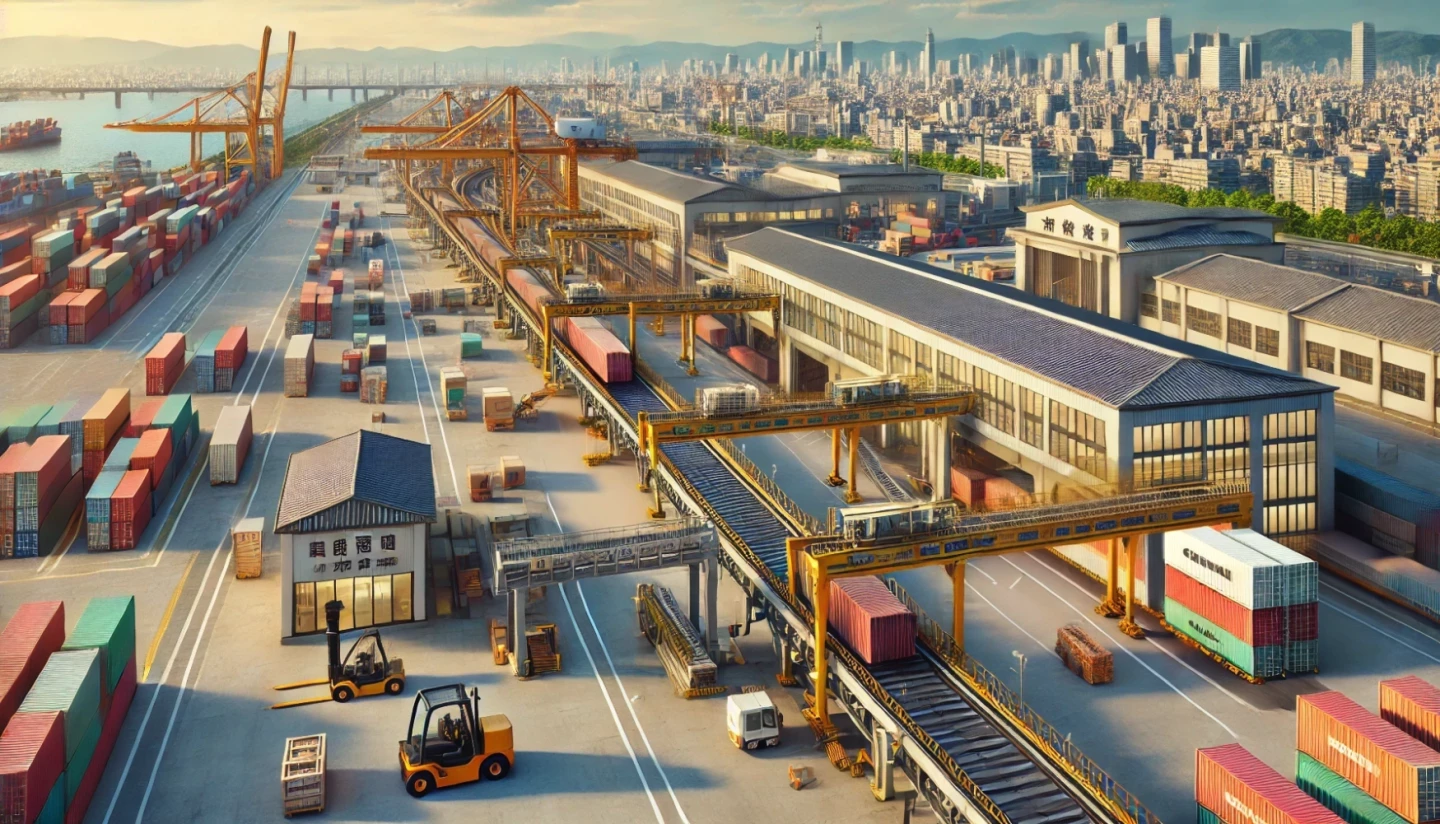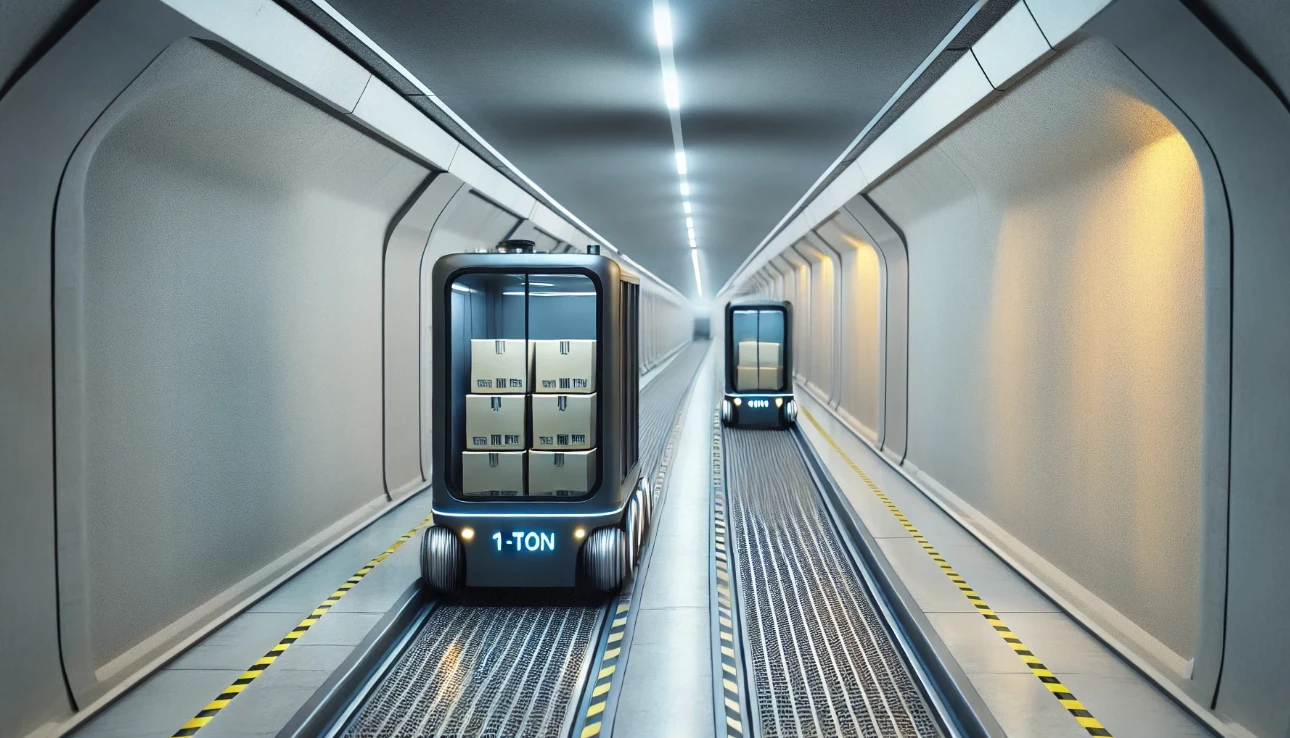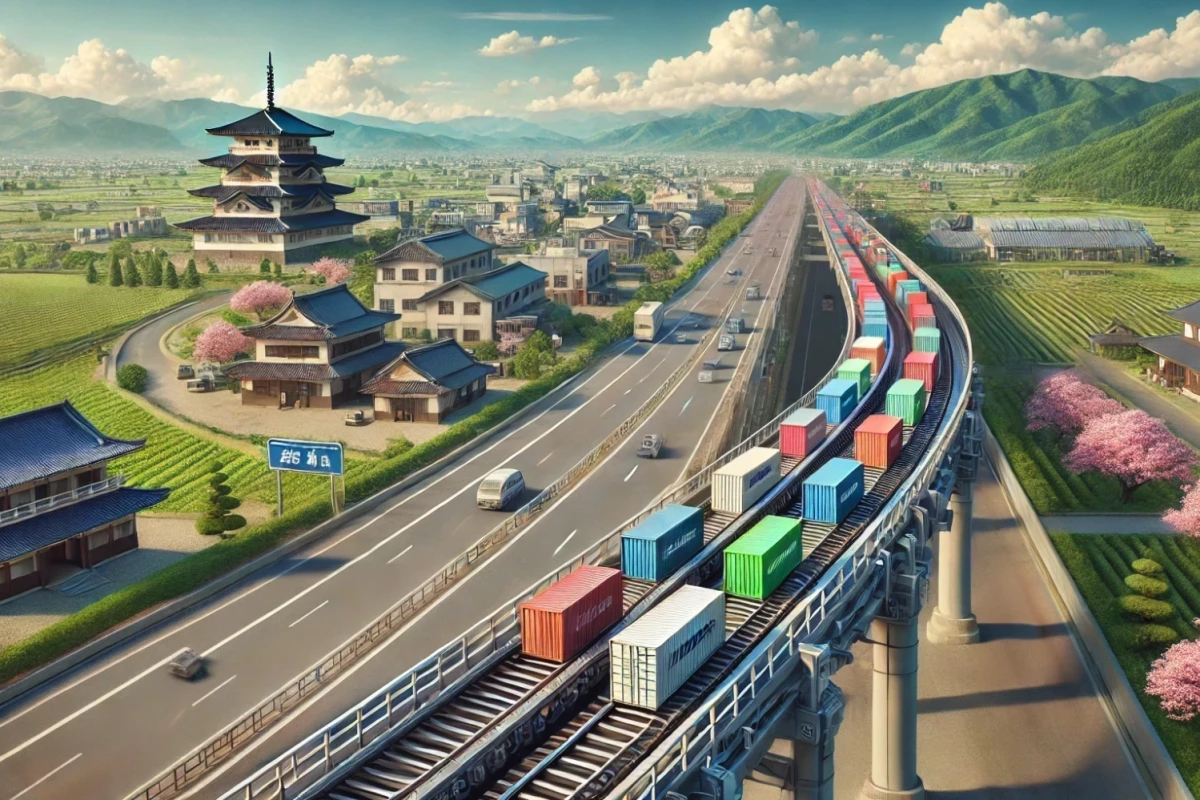According to The Japan News, the project has been under discussion since February by an expert panel at the Land, Infrastructure, Transport and Tourism ministry. A draft outline of an interim report was released Friday, revealing plans to complete an initial link between Tokyo and Osaka by 2034.
Japan's well-known population collapse issues foretell severe labor squeezes in the coming years, and one specific issue this project aims to curtail is the continuing rise in online shopping, with a forecast decline in the numbers of delivery drivers that can move goods around. The country is expecting some 30% of parcels simply won't make it from A to B by 2030, because there'll be nobody to move them.
Hence this wild logistical link, the first iteration of which the team says will move as much small cargo between Tokyo and Osaka as 25,000 trucks.

Exactly how it'll do this is yet to be nailed down, but individual pallets will carry up to a ton of small cargo items, and they'll move without human interference from one end to the other.
One possibility is to use massive conveyor belts to cover the 500-km (310-mile) distance between the two cities, running alongside the highway or potentially through tunnels underneath the road. Alternatively, the infrastructure could simply provide flat lanes or tunnels, and the pallets could be shifted by automated electric carts.
A 500-km tunnel, mind you, would be insanely expensive at somewhere around US$23 billion before any conveyor belts or autonomous carts are factored in. And one does have to wonder if autonomous electric trucks might be able to do the job without any of the infrastructure requirements – the project's target start date is 2034, and given the current state of driverless technology, it certainly seems very plausible that we'll have self-driving vehicles on the road in huge numbers by then.

Still, the ministry has put out a call to private companies to fund the project, and it appears to mean business. “[The project] will not only address the logistics crisis, but also help reduce greenhouse gas emissions,” said Land, Infrastructure, Transport and Tourism Minister Tetsuo Saito. “We would like to speedily proceed with the discussions on the matter.”
Source: The Japan News






